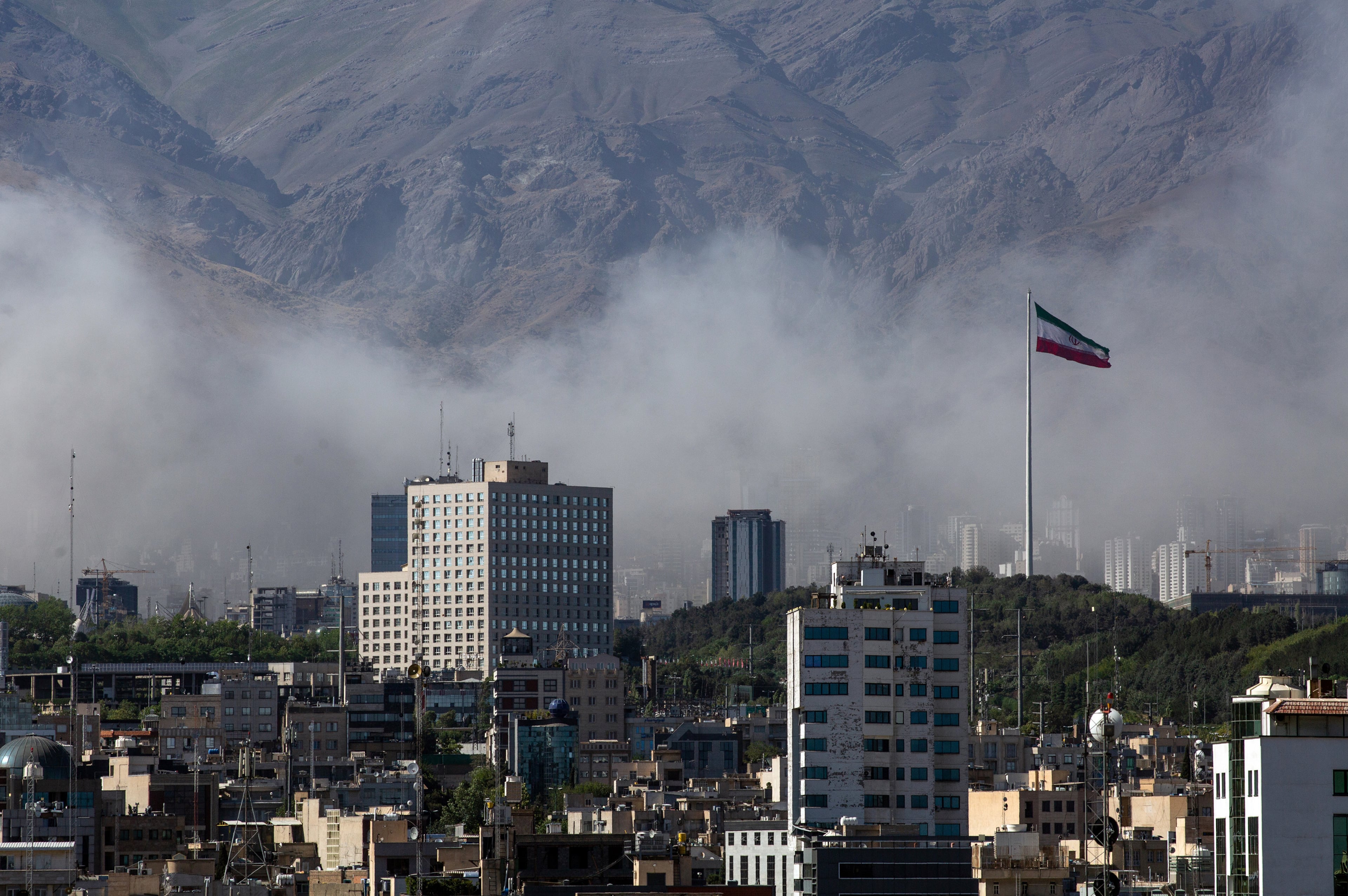TSA readies for July 4 traffic bump even as travel restrictions expand

While the Transportation Security Administration prepares to handle millions of passengers traveling for the Fourth of July holiday, some destinations are expanding travel restrictions.
New York, New Jersey and Connecticut on Tuesday added Georgia to the list of states from which visitors are required to self-quarantine for 14 days if they go to the tri-state area.
Also Tuesday, the European Union made official its decision to lift restrictions on visitors from 14 countries. Visitors from the U.S., however, continue to face restrictions.The EU plans to update the list every 14 days.
Passenger counts in U.S. airports are still down about 74% compared with last year, according to TSA figures at airport security checkpoints. But travel within the U.S. is slowly recovering, and the TSA said it plans to open more screening lanes to allow for social distancing.
The agency aims to keep wait times at regular security lines to nine minutes or less on average across the country, and within two to three minutes in PreCheck lines, TSA Administrator David Pekoske said during a media briefing Tuesday.
The busiest day of the Independence Day holiday period is expected to be Thursday, when nearly 30,000 passengers are expected to pass through airport security checkpoints at Hartsfield-Jackson International.
"Some things might look different since the last time you traveled," said Airports Council International - North America president Kevin Burke.
There are now more plexiglass partitions, social distancing markers in airports and reduced in-flight food and beverage service.
Atlanta-based Delta Air Lines and other major carriers require passengers to wear masks, or risk being banned from future flights on the airline.
Airports have varying policies. American Association of Airport Executives President Todd Hauptli said about two-thirds of large hub airports across the country require masks. The others encourage the use of masks, mainly because they are prohibited from requiring them by state or local ordinance. The Atlanta airport has not been able to require masks due to a state executive order, but is strongly encouraging masks.
Industry group Airlines for America has pushed for the TSA to start checking travelers’ temperatures. Pekoske said such a decision has not yet been made, and that it’s not the TSA’s decision alone to make.
He said one consideration is “how would you resolve the passengers that have an elevated temperature,” since people may have elevated temperatures for reasons other than the coronavirus.
Temperature checks or other screening were part of discussions between the EU and the U.S. government, according to Airlines for America President Nicholas Calio. The criteria the EU is considering includes the number of new COVID-19 cases as well as testing, surveillance, contact tracing, containment, treatment and reporting.
More Stories
The Latest



